The best SEO tools
The best SEO tools, both free and paid for, to build your website's following.

Daily design news, reviews, how-tos and more, as picked by the editors.
You are now subscribed
Your newsletter sign-up was successful
Want to add more newsletters?

Five times a week
CreativeBloq
Your daily dose of creative inspiration: unmissable art, design and tech news, reviews, expert commentary and buying advice.

Once a week
By Design
The design newsletter from Creative Bloq, bringing you the latest news and inspiration from the worlds of graphic design, branding, typography and more.

Once a week
State of the Art
Our digital art newsletter is your go-to source for the latest news, trends, and inspiration from the worlds of art, illustration, 3D modelling, game design, animation, and beyond.

Seasonal (around events)
Brand Impact Awards
Make an impression. Sign up to learn more about this prestigious award scheme, which celebrates the best of branding.
Making sure you have the best SEO tools is critical for anyone making their own website or designing websites for others. A website needs visitors for it to serve its purpose, and one of the most effective ways to get them is by ensuring a site has effective search engine optimization, allowing it to appear in search engine results pages (SERPs) through search engines such as Google and Bing.
The way that search engines work has evolved considerably but it's still as vital as ever to ensure web pages have unique page titles, meta descriptions and keyword headings reflecting their content, but SEO has evolved considerably. There are so many tools around offering a range of different functionalities, but this guide aims to provide a quick selection of some of the best. We've included both free and paid-for tools that together cover the whole SEO process, from research to link building and content marketing outreach. We'll start with the more complete paid-for tools, but scroll down if you want to see the free SEO tools only.
If you're just starting out designing a website, make sure you also see our guide to the best website builder, the best ecommerce website builders and the best web hosting for creatives. And for more tips on SEO, see our 15 tips to boost your website's SEO. Meanwhile, read on for the best SEO tools.
The best SEO tools: paid-for options
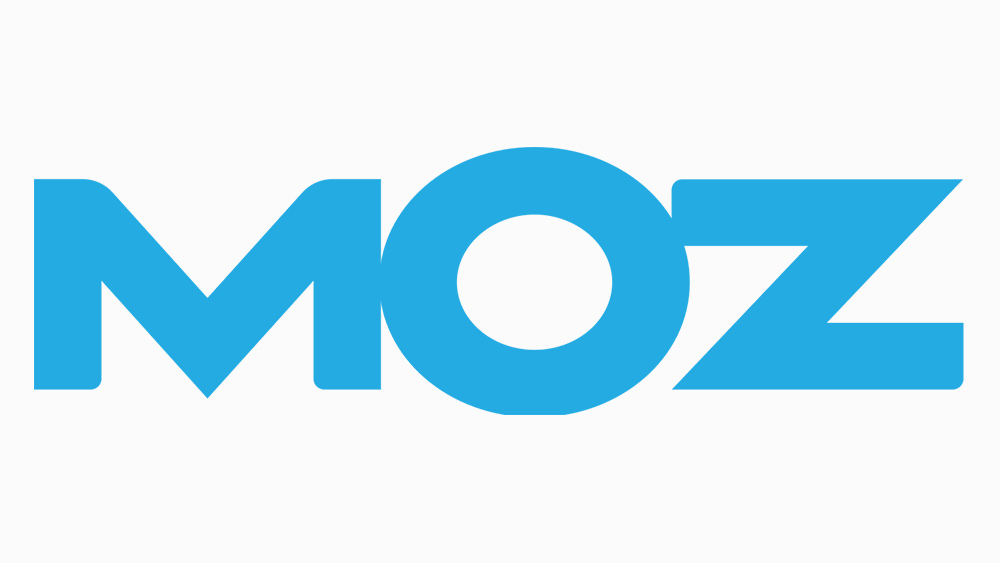
01. Moz Pro
The best SEO tool overall
Moz Pro tops our list of the best SEO tools. Rather than a single tool, it's a whole package of SEO tools and the most complete toolset around. Despite that depth, it has a very simple to use, visual interface that's ideal for newcomers to SEO (although its depth and the number of features may be overwhelming at first). Its data export, API services, link analysis and social monitoring make for a well-rounded advanced SEO campaign solution. Export data from its tools includes advanced, technical SEO features like the contents of your X-Robots filed in your server header response.
The Moz PRO toolset comes with a deep site crawler to audit your site. This provides an update about once a week on your crawl data, with a user interface that updates you on errors, warnings and notices. You can track your site rankings over hundreds – or thousands – of keywords per website, and the keyword research tool can help decide which keywords and keyword combinations may be the best for you to target It also has a backlink analysis tool offers metrics including anchor text in links and estimated domain authority.
Finding low competition, high volume keywords is the search marketers' Holy Grail, and for that Moz PRO's Keyword Difficulty Tool estimates search volumes and combines data aggregated from Bing rankings by location and via Moz's own link data source, Mozscape.
One of the biggest advantages of Moz PRO however is the large community, which is a great source of help, not just to get started and navigate the toolset but also to pick up advice on wider search marketing topics. Moz PRO offers a 'standard plan' $99 per month for access to its basic tools. For higher limits and full access to the keyword research tool, the medium plan costs $179 per month. There is a free trial is available and all plans have a 20% discount if you pay annually. Like many providers, Moz does also offer several free tools.
Daily design news, reviews, how-tos and more, as picked by the editors.
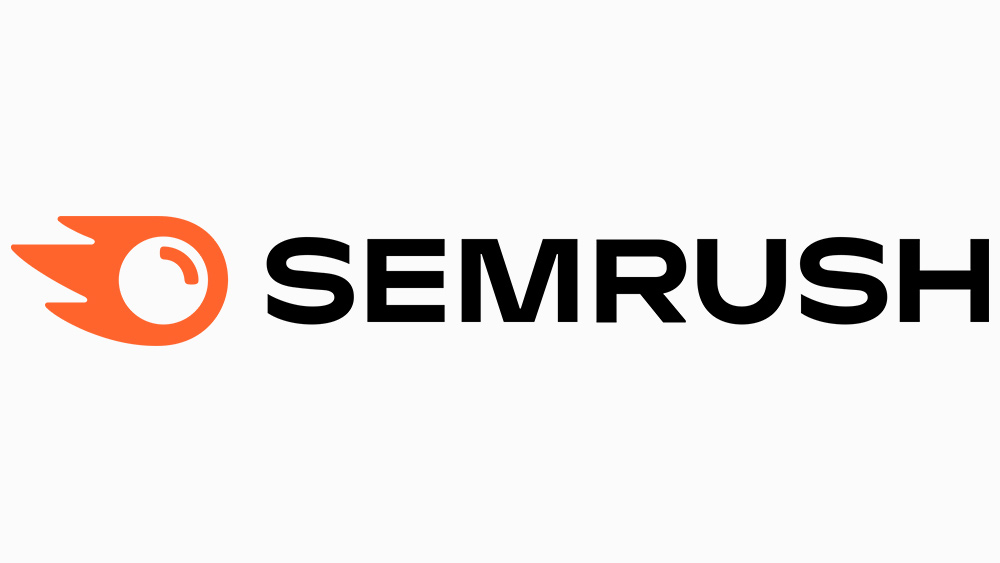
02. SEMRush
Our second choice as the best SEO tool
SEMrush also offers a very comprehensive set of SEO tools, with detailed keyword analysis, traffic analytics, a summary of your domains and even a comparison with competitors.
The On-Page SEO Checker tool allows you to monitor your search rankings and see recommendations for how to improve performance. The traffic analytics and analysis of backlinks from other websites show you where your readers are coming from, and the competitor analysis shows how your pages rank against competitors. This covers both search results and things like average session length and bounce rate, and it lets you compare the main marketing channels across several rivals at once. It's great for sussing out competitors' strategies, allowing you to identify specific keywords that they've targetted.
SEMrush can be a bit of a learning curve at first due to its tendency to use SEO jargon, but it shouldn't take you long to get to grips with the terms. A 'Pro' subscription covering access to all of its tools costs for up to five projects and 500 keywords costs $119.95 per month. More expensive options are available for agencies and other companies that manage more sites.
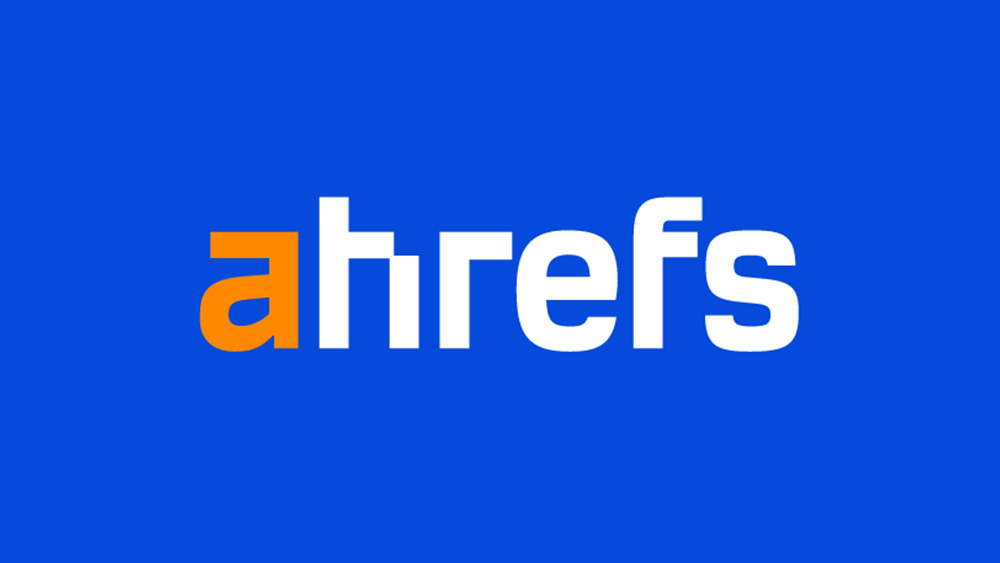
03. Ahrefs
A solid SEO tool for professionals
One of the main competitors for SEMrush is Ahrefs, one of the most popular SEO tools among web developers. It has the biggest backlink index of any of the best SEO tools, with over 295 billion pages indexed, and more than 16 trillion backlinks. It also has a proprietary web crawler that's second only to Google's in its size and speed.
It offers a central dashboard summarising ranking, traffic, and backlinking. From there, you have links to the five core Ahrefs SEO tools. Like SEMrush, it has tools for monitoring your competition. It's also backed up by thorough documentation and tutorials, which makes it an accessible set of tools. Price is similar. Ahrefs offers a range of free tools including a keyword checker and backlink checker. For the full suite of pro SEO tools, pricing is reasonable, starting at $99 for the Lite plan for 1 user. Ahrefs link data monitoring is extremely fast (new and lost link discovery is a real strength. It also offers a very powerful API.
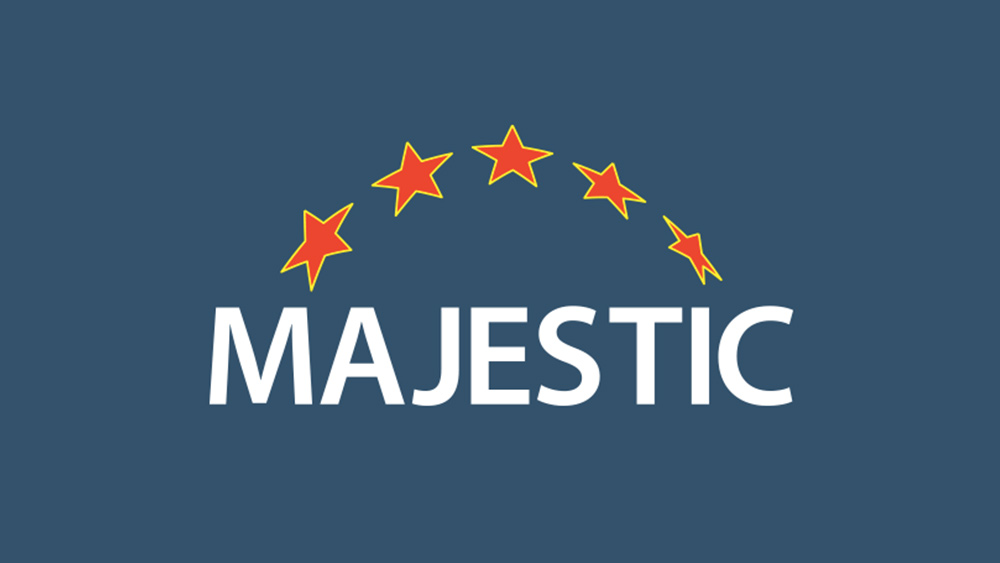
04. Majestic
The best SEO tool for backlink analysis
Majestic SEO Tools' forté is very much backlinks – the links from other websites to your own. These links have a big influencer on SEO performance and depend to a considerable degree on the "authority" of the referring site. For diving deep into your backlink analysis, Majestic has a massive amount data. You can search a 'Fresh Index' which is crawled and updated throughout the day and a 'Historic Index', for super-fast retrieval.
The 'Lite' version of Majestic costs $50 per month and offers a bulk backlink checker, a record of referring domains, IP's and subnets and Majestic's integrated 'Site Explorer', which provides an overview of site, although some find this feature is looking a little dated. Note that Majestic has no Google Analytics integration.
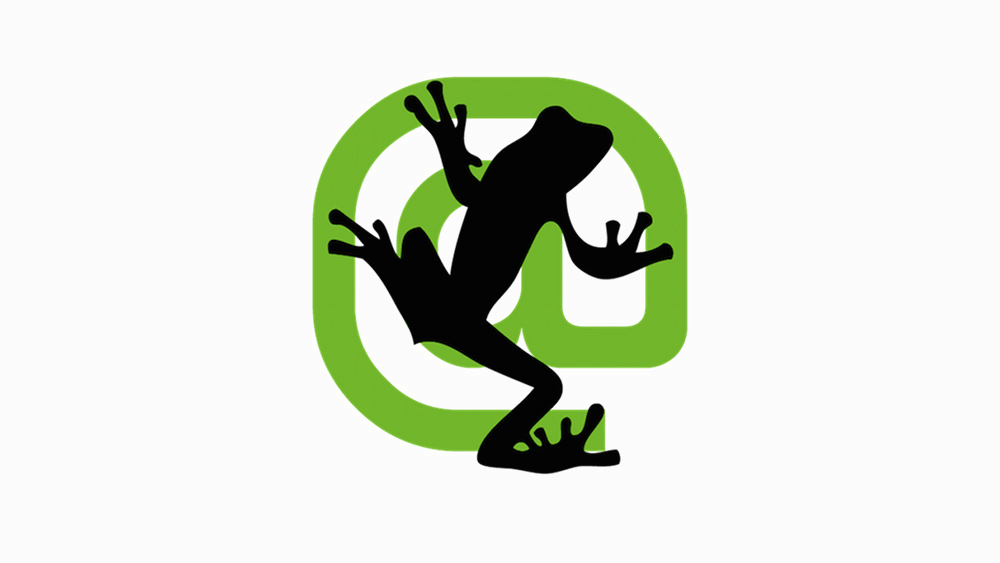
05. SEO Spider
The best SEO tool for site crawls
Screaming Frog's SEO Spider is the go to site crawler for many developers to highlight SEO accessibility issues. It comes with powerful filtering to weed out specific issues, like a missing Google Analytics tracking code for example.
You can perform a quick search of URLs and crawl your site to check for broken pages, saving you from having to manually click to check possible 404 errors. You can also check for pages with missing title tags, duplicated meta tags, tags of the wrong length, and the number of links placed on each page. It also has a nifty sitemap generator.
It offers both a free and paid version of SEO Spider. The free version contains most of the more basic features such as crawling redirects but has a crawl limit to 500 URLs, making it suitable for smaller domains only. The paid version costs $180 / £149 per year and includes more advanced features as well as free tech support.
06. Advanced Web Ranking
A simple-to-use site ranking tool
Advanced Web Ranking is a web-based solution for scheduled, localised ranking, link monitoring and keyword research. It's a good starter option for monitoring the search performance of keywords and tracking organic and paid searches from any location and any device. You can easily customise reports with the WYSIWYG editor to create detailed reports on trends to use in-house or present to customers.
It also provides competitor analysis with useful side-by-side SERP performance monitoring. The Starter package costs $49 per month and offers 2,000 weekly keyword searches, competitor analysis, integration Google Analytics, and unlimited projects and users.
The best free SEO tools
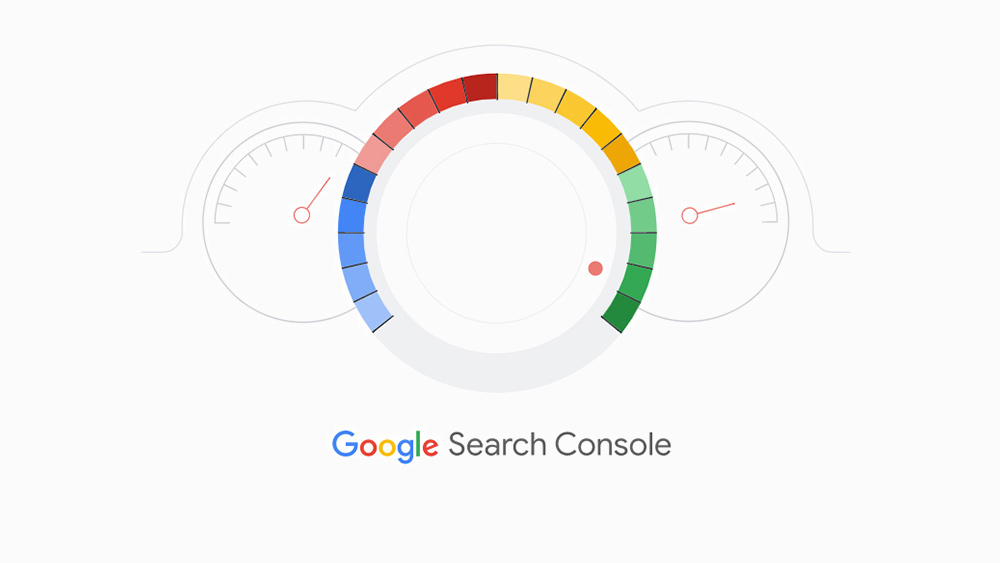
07. Google Search Console
The best free SEO tool
Google Search Console is a free and very accessible introduction to SEO that's perfect for anyone looking to enhance the SEO of their personal website, blog or small business site. The platform is exceptionally user friendly, and though it's limited, it packs in a lot of features.
At a single glance, you get a lot of key info on your site, including performance details on Google's own indexing, and the flagging of potential problems like spammy links and outdated content. You can report spam and ask for Google to reevaluate if it's penalised your site. Search Console is regularly updated with new tools and there's help and advice available via the Webmasters Help Community. And who better to ensure your site is Google-friendly?
There's also Google Trends which gives you information on a keyword but also offers useful insight into trends around the topic. You can search for keywords in any country and receive information like top queries, rising queries, interest over time, and geographical location depending on interest. Another tip for keyword searches is simply to type keywords in Google and see what appears in the autocomplete box. This can give you an idea of how people are searching around those words.
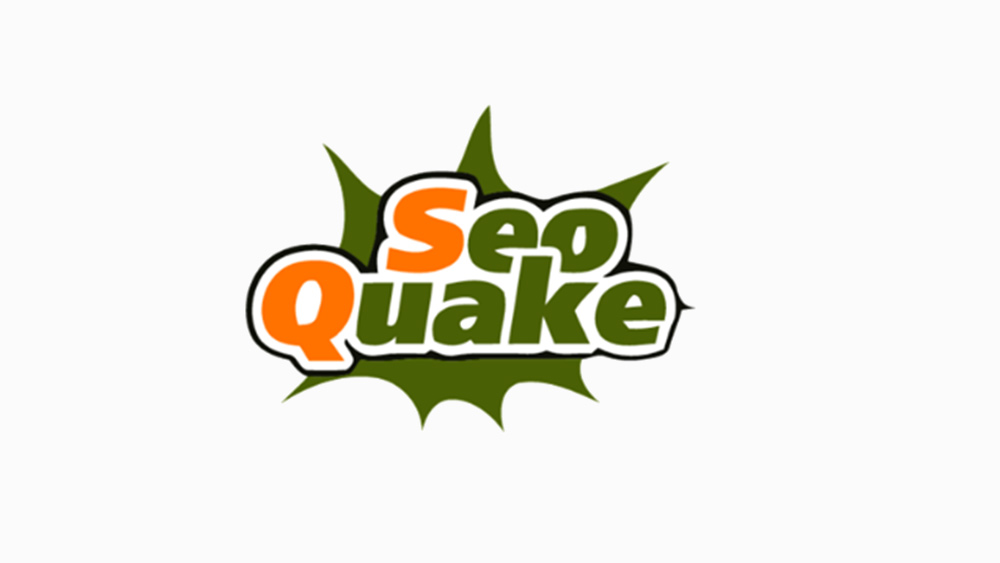
08. SEOquake
The best free SEO browser extension
SEOquake is a free browser extension available for Chrome, Firefox and Opera. It's neat and unobtrusive, sitting in an icon on your browser bar. Click it when you're browsing a site and it provides a quick overview in the top right corner of your screen detailing Alex rank, which measures a site's popularity, and Google and Bing index.
There are tabs to explore for a basic overall site audit and diagnosis, keyword density and internal and external links, and if you have a SEMrush account (see number 2 above), you can connect that to pull in SEMrush's backlink analysis. The interface is quite minimal, which has the benefit of making it discreet and easy to navigate, although the lack of explanations for the parameters may leave newcomers to SEO somewhat baffled by what it all means. Again, this lacks the in-depth analysis offered by paid-for tools, but for a free, quick everyday tool for basic SEO analysis right in your browser, it can certainly be very handy.
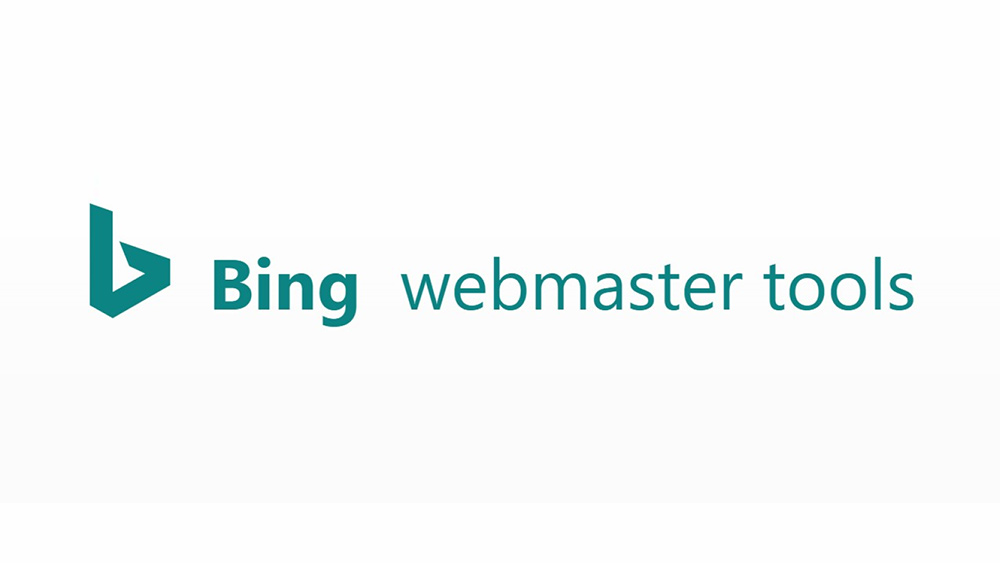
09. Bing Webmaster Tools
Bing's own SEO tool with a range of features
The biggest search provider after Google is Microsoft's Bing. The Bing Webmaster Tools has a nifty keyword tool, showing your average ranking position, the number of clicks you received, and the number of impressions for that particular keyword. Meanwhile, the Site Scan technical SEO auditing tool can identify common problems such as missing meta description tags, long title tags, missing alt attributes and on-page issues like the use of multiple H1 elements. The tool also has a Robots.txt tester.
What is an SEO crawler?
An SEO crawler is an essential SEO tool that can help you identify and fix any issues that might be preventing search engines from accessing, understanding and correctly ranking your site. Improving your site’s crawlability can help search engine bots understand what your page is about.
The site crawlers offered by some of the best SEO tools offer real-time feedback to flag any problems with your site by analysing the URL, site architecture, HTTP status code, broken links, redirect chains, meta robots and any indexing issues like 404 errors, duplicate meta descriptions and duplicate content, which can often go unnoticed, especially if you have a large site.
What is an Alex Rank?
One term you're likely to come across in an overview of your website's performance in any SEO tool is the Alexa rank. This is a measure of website popularity that measures how your site compares to all others. An Alexa Rank of 1 is the most popular. The Alexa rank is calculated through Alexa Internet's own methodology, which considers a site’s estimated traffic and visitor engagement over the past three months compared to the browsing behaviour of a global sample of users.
Read more:
- The best places to sell design online
- How to sell on Instagram
- How to make a website: a beginner's guide
